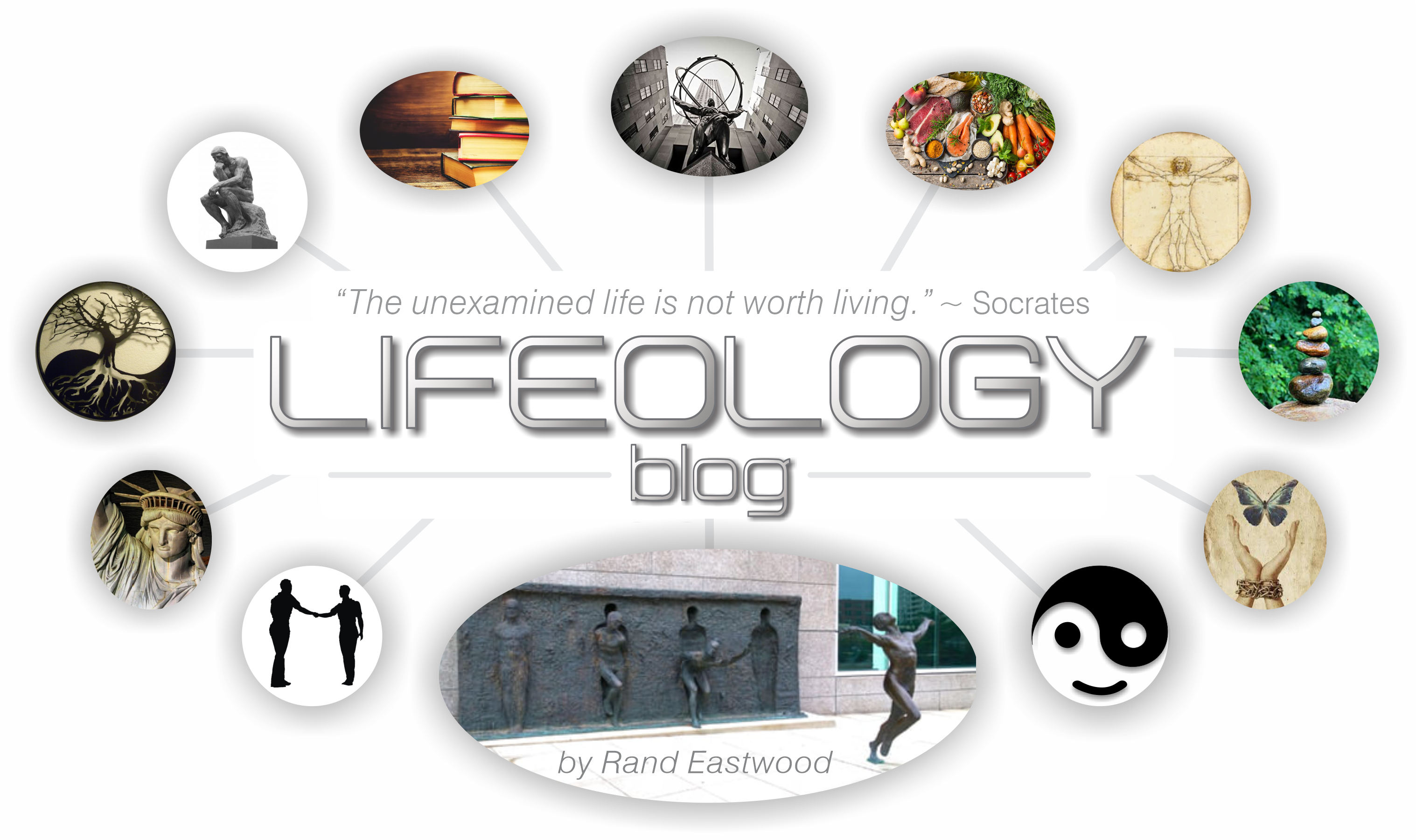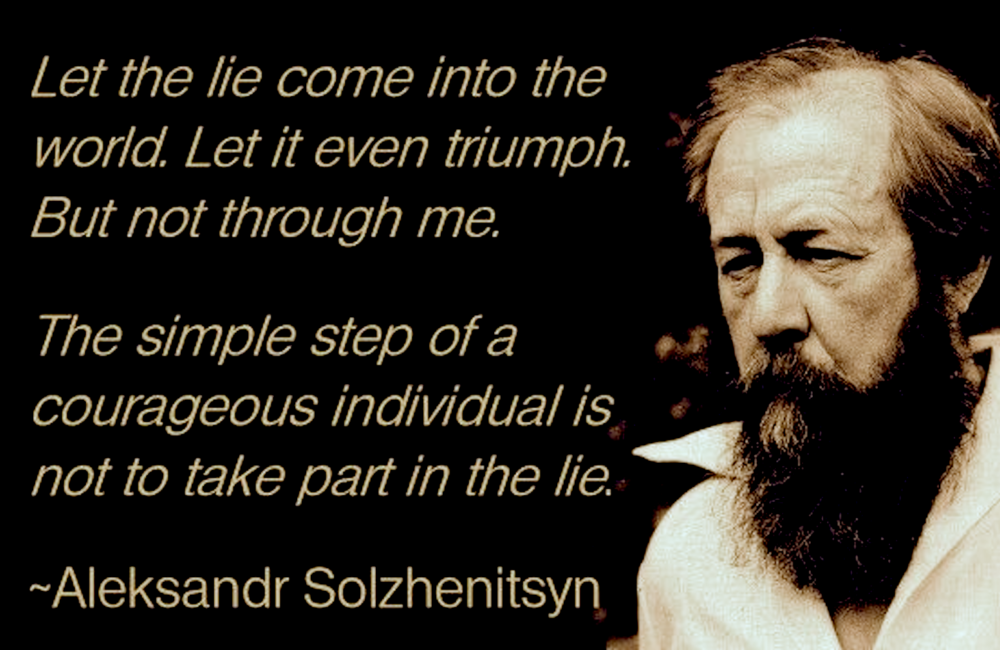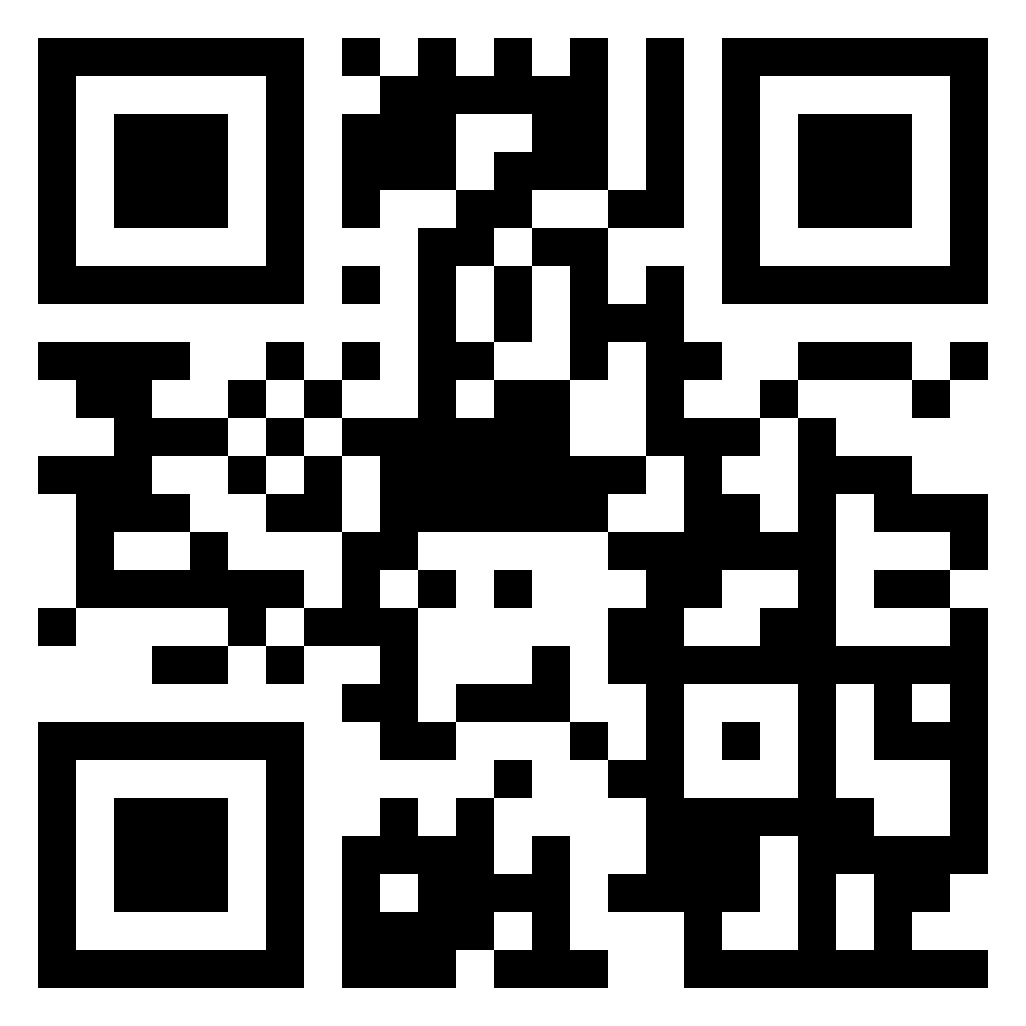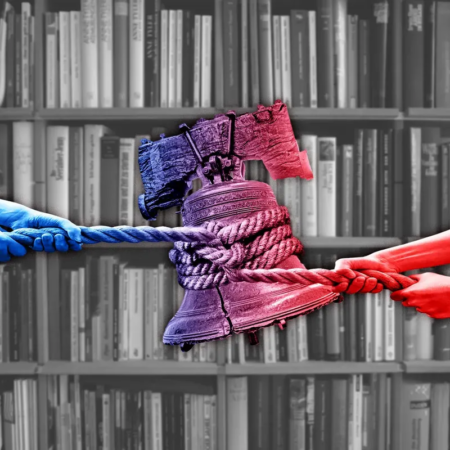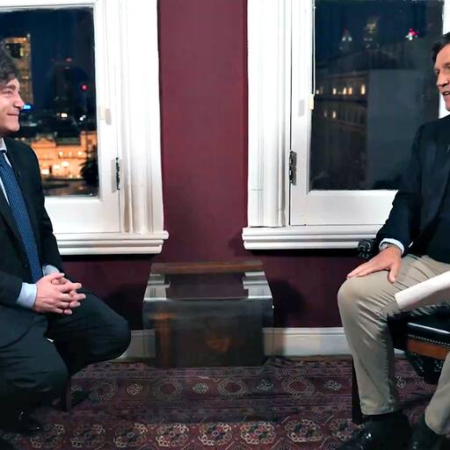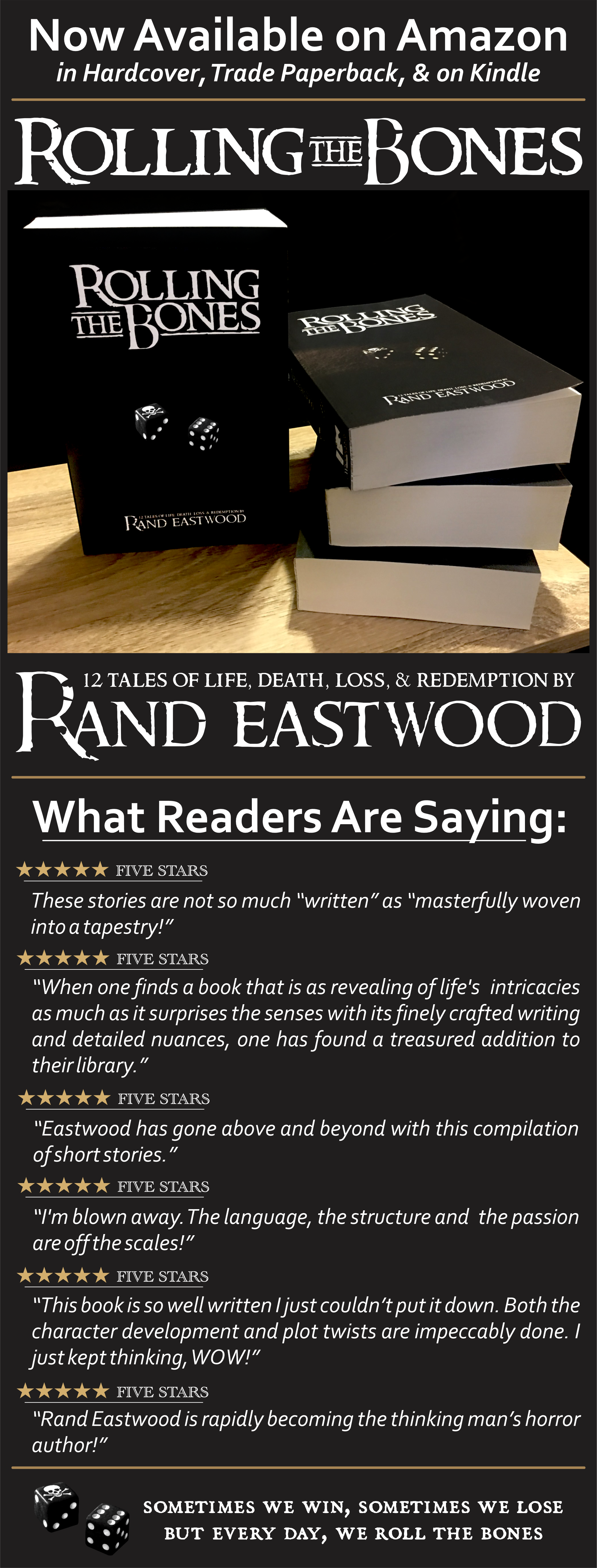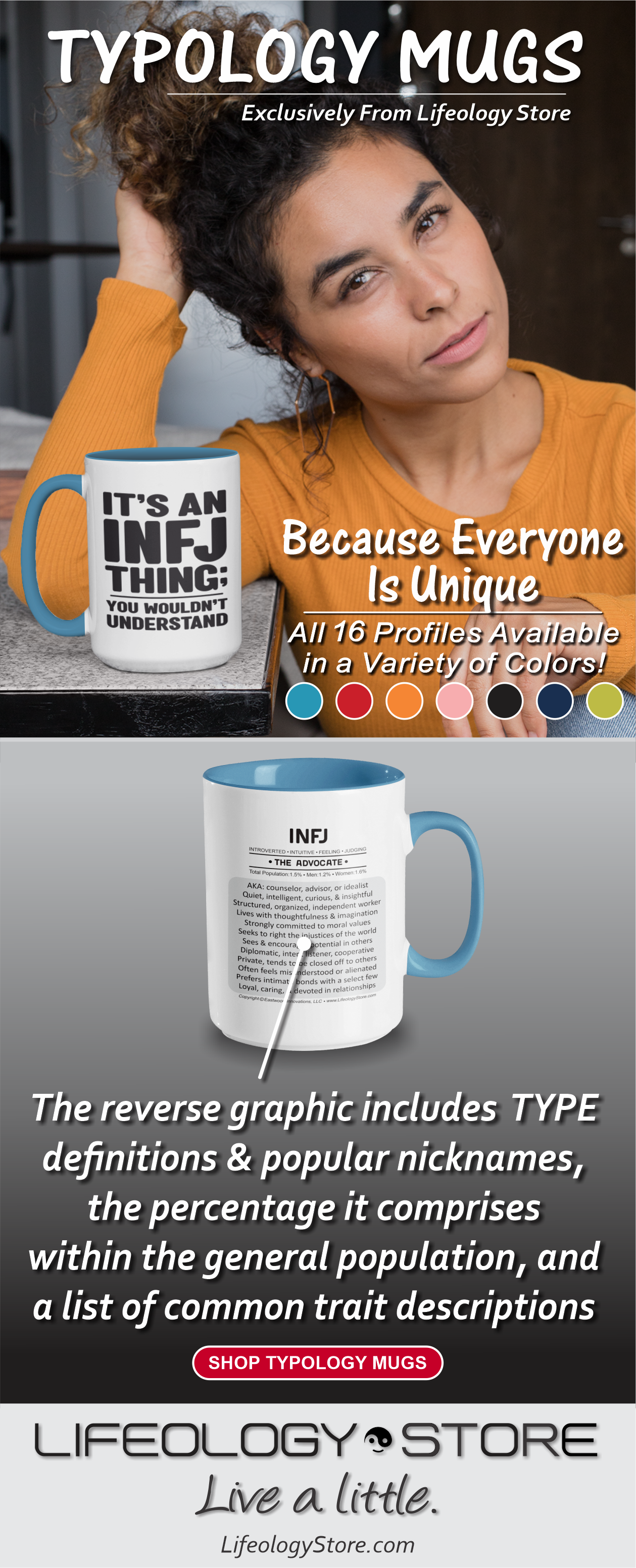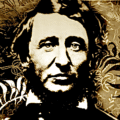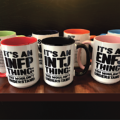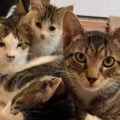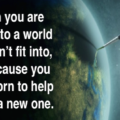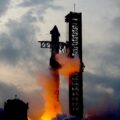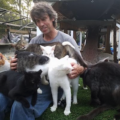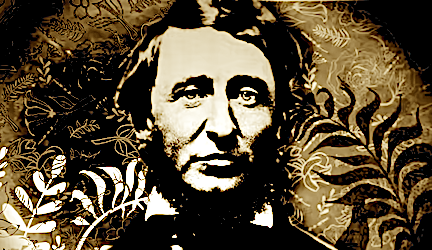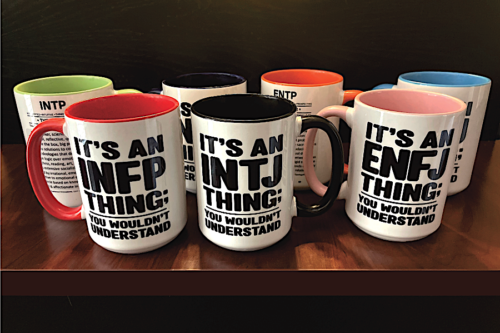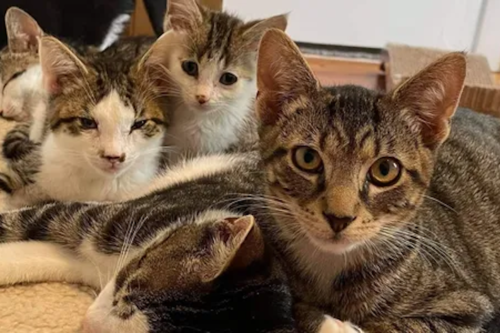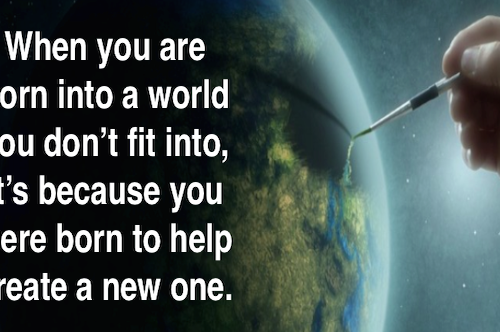Nobel Prize-winning author Aleksandr Solzhenitsyn is probably most famous for his 1976 trilogy The Gulag Archipelago (wherein he details his arrest and interrogation (for criticizing Stalin and the Soviet government in private letters), and his 8 years of incarceration and resistance within Soviet labor camps), along with his 1962 novella One Day in the Life of Ivan Denisovich, which describes a typical day in the Soviet Gulag from the perspective of a prisoner.
I currently own both: the latest (2018) abridged edition of The Gulag Archipelago (with foreword by Dr. Jordan B. Peterson) and the 2008 50th Anniversary Edition of One Day, and they are currently in my TBR stack:
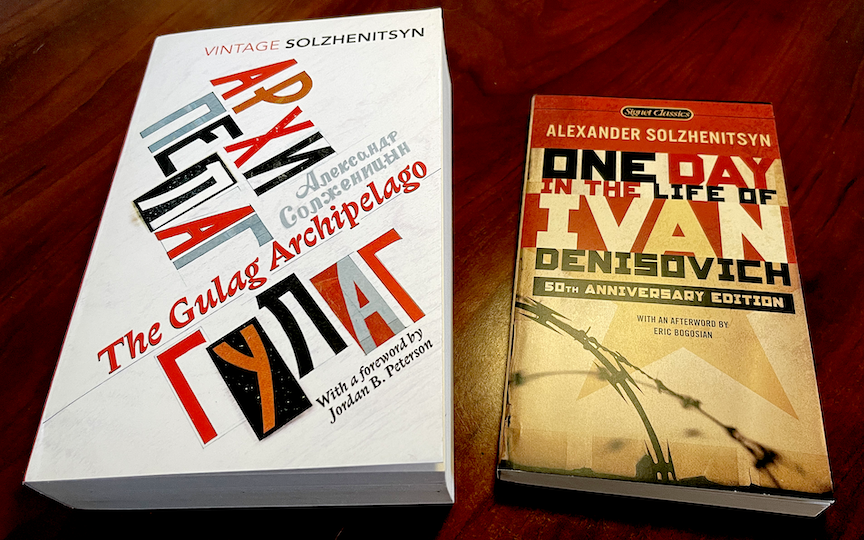
But more recently (2012), his epic novel In The First Circle was finally published in a full, uncensored edition. Here’s the book synopsis:
“Moscow, Christmas Eve, 1949. The Soviet secret police intercept a call made to the American embassy by a Russian diplomat who promises to deliver secrets about the nascent Soviet Atomic Bomb program. On that same day, a brilliant mathematician is locked away inside a Moscow prison that houses the country’s brightest minds. He and his fellow prisoners are charged with using their abilities to sleuth out the caller’s identity, and they must choose whether to aid Joseph Stalin’s repressive state—or refuse and accept transfer to the Siberian Gulag camps . . . and almost certain death.
First written between 1955 and 1958, In the First Circle is Solzhenitsyn’s fiction masterpiece. In order to pass through Soviet censors, many essential scenes—including nine full chapters—were cut or altered before it was published in a hastily translated English edition in 1968. Now with the help of the author’s most trusted translator, Harry T. Willetts, here for the first time is the complete, definitive English edition of Solzhenitsyn’s powerful and magnificent classic.”
So when I discovered this, I of course purchased a copy:
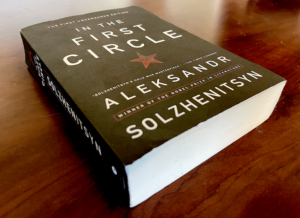
Reading the introduction then directed me both to his massive collection The Red Wheel, of which I have now acquired the sizeable tomes Part 1: August 1914, and Part II: November 1916, but am holding off on Part III, which itself is being released in a 6-volume series, with the 4th volume due to be released Oct 2024, but there’s still no release date announced for the final two books, but at that time I’ll look into acquiring the complete set:
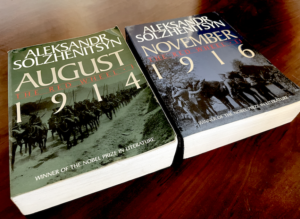
Anyway, the intro also mentions Solzhenitsyn’s essay Live Not By Lies, which I had heard of (at least as a quote), but was not familiar with the essay or that the quote was from Solzhenitsyn. Looking into it, I discovered it’s available online, read it, and decided it is definitely worth publishing here—after all, Truth is one of the core tenets of this blog, with its mission statement being “To seek, discover, assimilate, and disseminate Truth”.
So without further adieu, I present the full text of Live Not By Lies by Alexandr Solzhenitsyn:
Introduction: Alexandr Solzhenitsyn was arrested on February 12 1974, the day he released Live Not by Lies, and the day before he was exiled to West Germany. In these last words before leaving the Soviet Union he urges Soviet citizens to refrain from cooperating with the government’s lies, for even the most timid can take this simple step of individual sovereignty. As he states in the essay: “…violence can conceal itself with nothing except lies, and the lies can be maintained only by violence. And violence lays its ponderous paw not every day and not on every shoulder. It demands from us only obedience to lies and daily participation in lies—all loyalty lies in that. And the simplest and most accessible key to our self-neglected liberation lies right here: Personal non-participation in lies. Though lies conceal everything, though lies embrace everything, we will be obstinate in this smallest of matters: Let them embrace everything, but not with any help from me…it is the easiest thing to do for us, but the most devastating for the lies…because it simply cuts short their existence. Like an infection, they can exist only in a living organism.”
Live Not by Lies
by Alexandr Solzhenitsyn • 1974
At one time we dared not even to whisper. Now e write and read samizdat, and sometimes when we gather in the smoking room at the Science Institute we complain frankly to one another: What kind of tricks are they playing on us, and where are they dragging us? Gratuitous boasting of cosmic achievements while there is poverty and destruction at home. Propping up remote, uncivilized regimes. Fanning up civil war. And we recklessly fostered Mao Tse-tung at our expense—and it will be we who are sent to war against him, and will have to go. Is there any way out? And they put on trial anybody they want, and they put sane people in asylums—always they, and we are powerless.
Things have almost reached rock bottom. A universal spiritual death has already touched us all, and physical death will soon flare up and consume both us and our children—but as before we still smile in a cowardly way and mumble without tongues tied. But what can we do to stop it? We haven’t the strength.
We have been so hopelessly dehumanized that for today’s modest ration of food we are willing to abandon all our principles, our souls, and all the efforts of our predecessors and all the opportunities for our descendants—but just don’t disturb our fragile existence. We lack staunchness, pride and enthusiasm. We don’t even fear universal nuclear death, and we don’t fear a third world war. We have already taken refuge in the crevices. We just fear acts of civil courage.
We fear only to lag behind the herd and to take a step alone—and suddenly find ourselves without white bread, without heating gas and without a Moscow registration.
We have been indoctrinated in political courses, and in just the same way was fostered the idea to live comfortably, and all will be well for the rest of our lives: You can’t escape your environment and social conditions. Everyday life defines consciousness. What does it have to do with us? We can’t do anything about it.
But we can—everything. But we lie to ourselves for assurance. And it is not they who are to blame for everything—we ourselves, only we. One can object: But actually you can think anything you like. Gags have been stuffed into our mouths. Nobody wants to listen to us, and nobody asks us. How can we force them to listen? It is impossible to change their minds.
It would be natural to vote them out of office—but there are not elections in our country. In the West people know about strikes and protest demonstrations—but we are too oppressed, and it is a horrible prospect for us: How can one suddenly renounce a job and take to the streets? Yet the other fatal paths probed during the past century by our bitter Russian history are, nevertheless, not for us, and truly we don’t need them.
Now that the axes have done their work, when everything which was sown has sprouted anew, we can see that the young and presumptuous people who thought they would make our country just and happy through terror, bloody rebellion and civil war were themselves misled. No thanks, fathers of education! Now we know that infamous methods breed infamous results. Let our hands be clean!
The circle—is it closed? And is there really no way out? And is there only one thing left for us to do, to wait without taking action? Maybe something will happen by itself? It will never happen as long as we daily acknowledge, extol, and strengthen—and do not sever ourselves from—the most perceptible of (the encirclement’s) aspects: Lies.
When violence intrudes into peaceful life, its face glows with self-confidence, as if it were carrying a banner and shouting: “I am violence. Run away, make way for me—I will crush you.” But violence quickly grows old. And it has lost confidence in itself, and in order to maintain a respectable face it summons falsehood as its ally—since violence can conceal itself with nothing except lies, and the lies can be maintained only by violence. And violence lays its ponderous paw not every day and not on every shoulder. It demands from us only obedience to lies and daily participation in lies—all loyalty lies in that.
And the simplest and most accessible key to our self-neglected liberation lies right here: Personal non-participation in lies. Though lies conceal everything, though lies embrace everything, we will be obstinate in this smallest of matters: Let them embrace everything, but not with any help from me.
This opens a breach in the imaginary encirclement caused by our inaction. It is the easiest thing to do for us, but the most devastating for the lies. Because when people renounce lies it simply cuts short their existence. Like an infection, they can exist only in a living organism.
We do not exhort ourselves. We have not sufficiently matured to march into the squares and shout the truth out loud or to express aloud what we think. It’s not necessary.
It’s dangerous. But let us refuse to say that which we do not think.
This is our path, the easiest and most accessible one, which takes into account our inherent cowardice, already well rooted. And it is much easier—it’s dangerous even to say this—than the sort of civil disobedience which Gandhi advocated.
Our path is not to give conscious support to lies about anything whatsoever! And once we realize where lie the perimeters of falsehood, each sees them in his own way.
Our path is to walk away from the gangrenous boundary. If we did not paste together the dead bones and scales of ideology, if we did not sew together the rotting rags, we would be astonished how quickly the lies would be rendered helpless and subside.
That which should be naked would then really appear naked before the whole world.
So in our timidity, let each of us make a choice: Whether consciously, to remain a servant of falsehood—of course, it is not out of inclination, but to feed one’s family, that one raises his children in the spirit of lies—or to shrug off the lies and become an honest man worthy of respect both by one’s children and contemporaries.
And from that day onward he:
• Will not henceforth write, sign, or print in any way a single phrase which in his opinion distorts the truth.
• Will utter such a phrase neither in private conversation nor in the presence of many people, neither on his own behalf nor at the prompting of someone else, neither in the role of agitator, teacher, educator, nor in a theatrical role.
• Will not depict, foster or broadcast a single idea which he can see is false or a distortion of the truth, whether it be in painting, sculpture, photography, technical science or music.
• Will not cite out of context, either orally or written, a single quotation so as to please someone, to feather his own nest, to achieve success in his work, if he does not share completely the idea which is quoted, or if it does not accurately reflect the matter at issue.
• Will not allow himself to be compelled to attend demonstrations or meetings if they are contrary to his desire or will, will neither take into hand nor raise into the air a poster or slogan which he does not completely accept.
• Will not raise his hand to vote for a proposal with which he does not sincerely sympathize, will vote neither openly nor secretly for a person whom he considers unworthy or of doubtful abilities.
• Will not allow himself to be dragged to a meeting where there can be expected a forced or distorted discussion of a question.
• Will immediately walk out of a meeting, session, lecture, performance or film showing if he hears a speaker tell lies, or purvey ideological nonsense or shameless propaganda.
• Will not subscribe to or buy a newspaper or magazine in which information is distorted and primary facts are concealed.
Of course, we have not listed all of the possible and necessary deviations from falsehood. But a person who purifies himself will easily distinguish other instances with his purified outlook.
No, it will not be the same for everybody at first. Some, at first, will lose their jobs. For young people who want to live with truth, this will, in the beginning, complicate their young lives very much, because the required recitations are stuffed with lies, and it is necessary to make a choice.
But there are no loopholes for anybody who wants to be honest: On any given day any one of us will be confronted with at least one of the above-mentioned choices even in the most secure of the technical sciences. Either truth or falsehood: Toward spiritual independence, or toward spiritual servitude.
And he who is not sufficiently courageous even to defend his soul—don’t let him be proud of his “progressive” views, and don’t let him boast that he is an academician or a people’s artist, a merited figure, or a general—let him say to himself: I am in the herd, and a coward. It’s all the same to me as long as I’m fed and warm.
Even this path, which is the most modest of all paths of resistance, will not be easy for us. But it is much easier than self-immolation or a hunger strike: The flames will not envelope your body, your eyeballs, will not burst from the heat, and brown bread and clean water will always be available to your family.
A great people of Europe, the Czhechoslovaks, whom we betrayed and deceived: Haven’t they shown us how a vulnerable breast can stand up even against tanks if there is a worthy heart within it?
You say it will not be easy? But it will be easiest of all possible resources. It will not be an easy choice for a body, but it is only one for a soul. No, it is not an easy path. But there are already people, even dozens of them, who over the years have maintained all these points and live by the truth.
So you will not be the first to take this path, but will join those who have already taken it. This path will be easier and shorter for all of us if we take it by mutual efforts and in close rank. If there are thousands of us, they will not be able to do anything with us. If there are tens of thousands of us, then we would not even recognize our country.
If we are too frightened, then we should stop complaining that someone is suffocating us. We ourselves are doing it. Let us then bow down even more, let us wait, and our brothers the biologists will help to bring nearer the day when they are able to read (that) our thoughts are worthless and hopeless.
And if we get cold feet, even taking this step, then we are worthless and hopeless, and the scorn of Pushkin should be directed to us:
“Why should cattle have the gifts of freedom?
“Their heritage from generation to generation is the belled yoke and the lash.”
Like/Follow Lifeology Blog on Facebook • View Rand’s Books on Amazon
Visit Lifeology Store • Like/Follow Lifeology Store on Facebook
A Note To Readers:
If you found this article (or any of the others, for that matter) interesting, informative, entertaining, etc., please consider subscribing to the Lifeology email newsletter: simply enter your email into the form below (also in the right sidebar)—or, if you prefer, just use this simple quick sign-up form.
↓↓↓ Also, please hit the “Like” (thumbs up) button below. Thanks! ~ Rand
